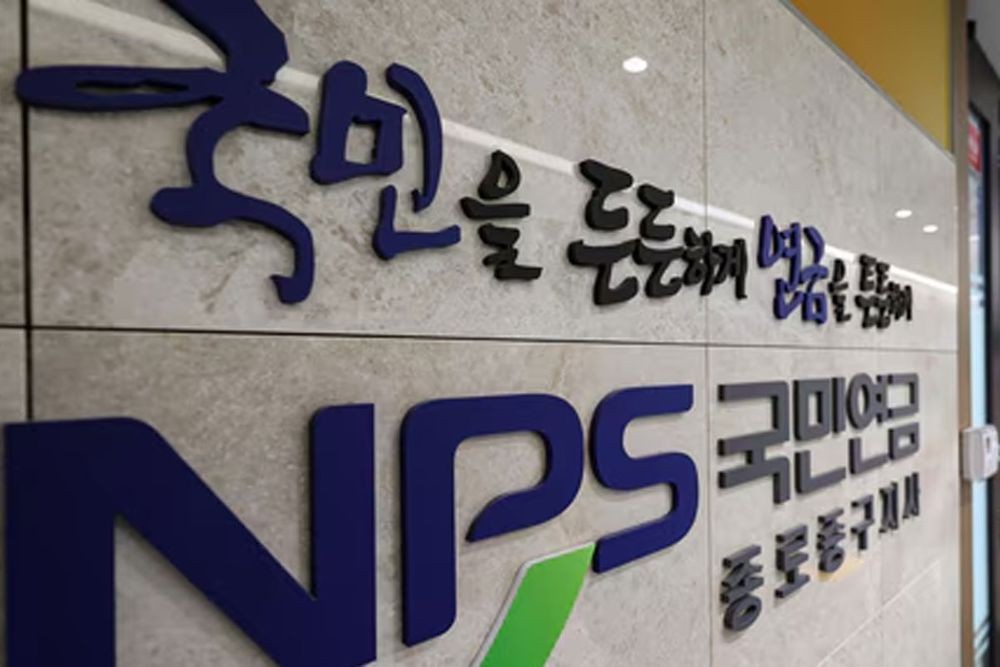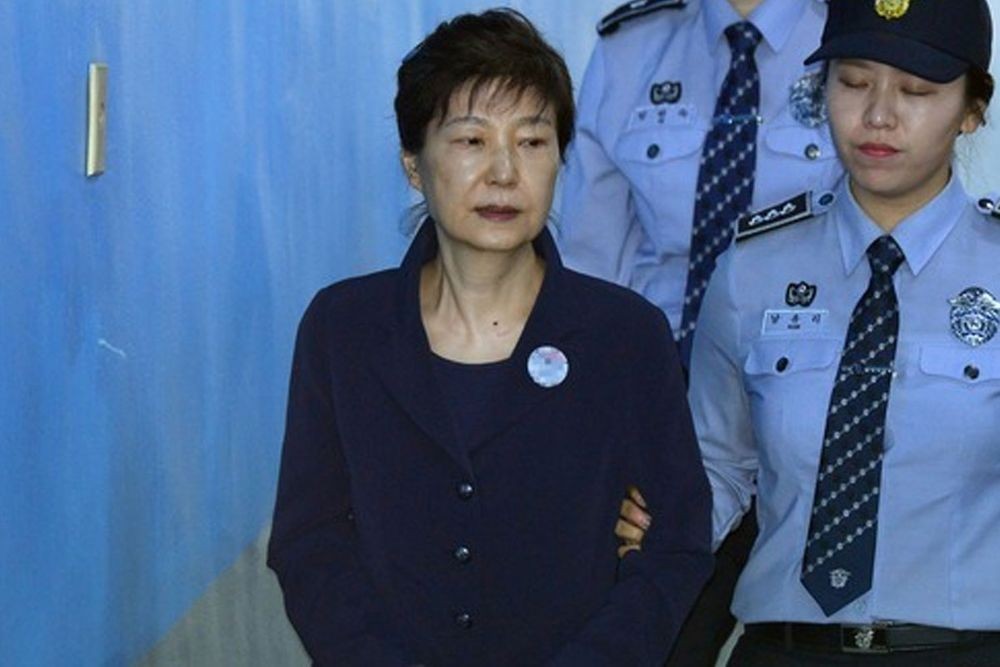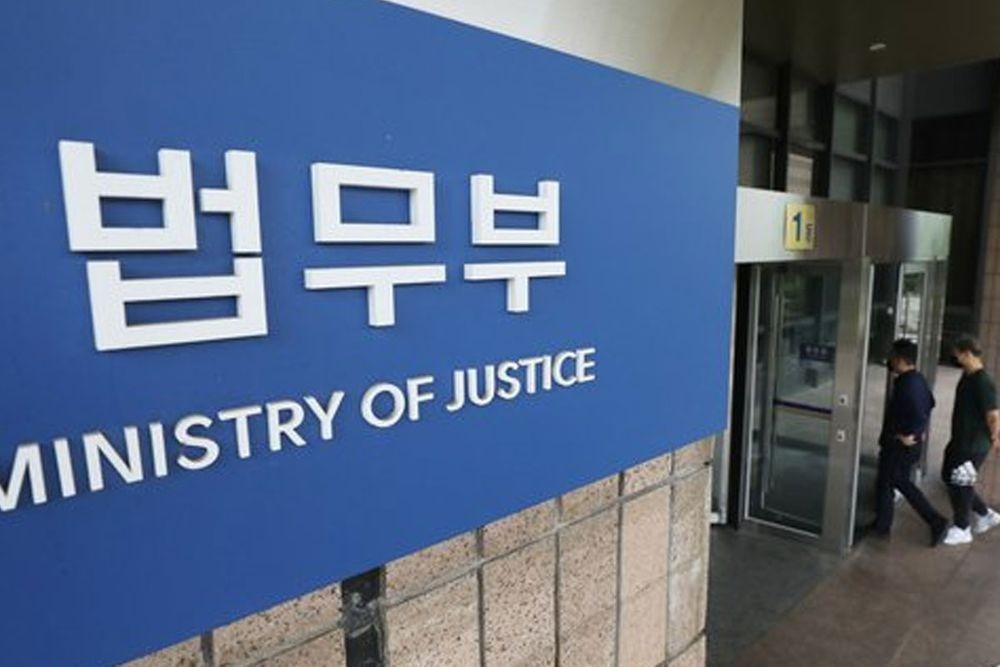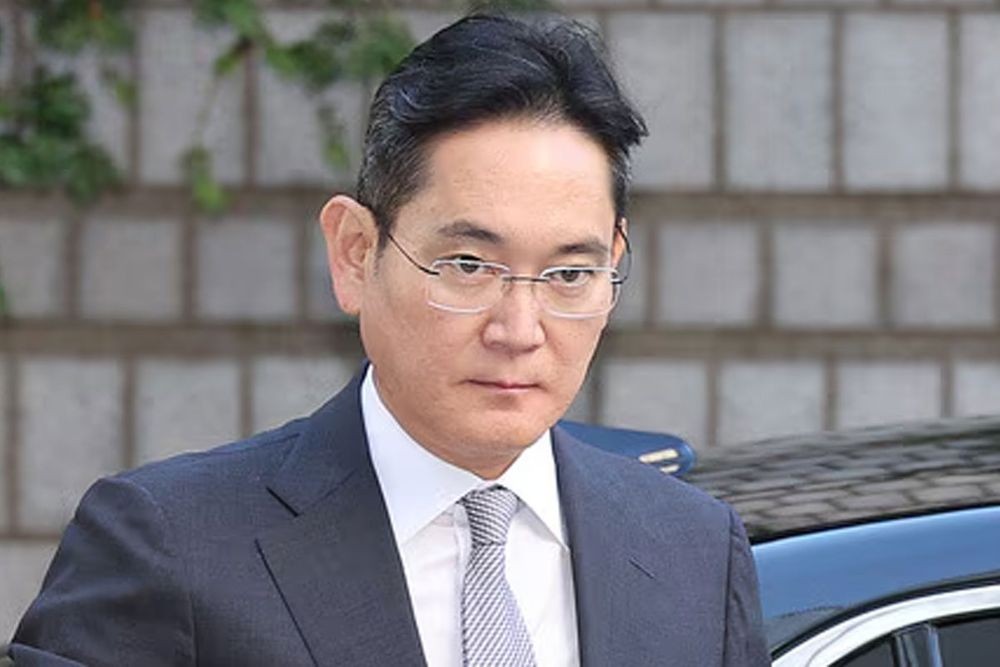Samsung C&T and Cheil Industries Merger
Decision by the Permanent Court of Arbitration
Government to Pay $430 Million in Compensation
It has been revealed that the U.S. hedge fund Mason Capital initiated the Investor-State Dispute Settlement (ISDS) process, citing losses related to the Samsung merger. Our government has been ordered to compensate partially. Consequently, the government is shocked as it has to pay Mason Capital approximately $320 million in compensation, along with accrued interest.
On the 11th, the Ministry of Justice announced that the Permanent Court of Arbitration (PCA) ordered the Korean government to pay Mason Capital $32,038,760 in Korean currency (based on the exchange rate of 1368.5 won per dollar), along with accumulated interest.
The compensation the PCA recognizes is 16% of the approximately $200 million that Mason initially claimed. The arbitration panel also instructed the Korean government to pay Mason’s legal costs of $10,308,961 and arbitration costs of 630,000 euros.

Mason Capital claimed that it suffered a minimum loss of $200 million due to the Korean government’s unfair actions during the 2015 merger of Samsung C&T and Cheil Industries. Mason notified the Korean government of the Investor-State Dispute Settlement (ISDS) arbitration application in 2018, which signifies the beginning of the formal litigation process.
Mason’s claim is based on the domestic court’s decision that there was an implicit solicitation between former President Park Geun Hye and Samsung during the merger process of Samsung C&T. Mason claims that the National Pension Service, the largest shareholder of Samsung C&T at the time of the merger, opposed the merger, it would not have suffered any loss.
Samsung C&T and Cheil Industries set the merger ratio at 0.35 Cheil Industries shares for each Samsung C&T share. Mason added that this ratio, which was unfavorable to Samsung C&T shareholders, was determined for the unfair purpose of facilitating the group succession of Lee Jae Yong, chairman of Samsung Electronics. Mason, holding a 2.18% stake in Samsung C&T, demands compensation accordingly.
During the arbitration panel’s deliberation process, Mason argued that “the hidden purpose of the merger was to promote succession within the conglomerate and increase dominance, which ultimately led to the loss of Samsung C&T shareholders,” stating that “former President Park Geun Hye received millions of dollars in bribes from the Samsung leadership in 2015 and intervened to approve the merger, violating internal procedures of the National Pension Service.”

In response to Mason’s claim, the Korean government argued that “while it is true that former President Park Geun Hye was impeached and imprisoned for receiving bribes, these bribes were received after the merger was approved and therefore had nothing to do with the exercise of the National Pension Service’s voting rights.”
The government refuted Mason’s claims, stating, “Mason is fabricating a story by piecing together the judgment of the Korean court and allegations at the unconfirmed stage of criminal prosecution.” It explained that exercising the National Pension Service’s voting rights was not a state act as it did not exercise any delegated government authority during the voting process on the merger agenda as an independent corporation.
Before Mason, Elliott Management, a U.S. private equity fund, also notified the Korean government of an ISDS arbitration application, claiming that it suffered a minimum loss of $770 million due to the Korean government’s unfair actions during the Samsung merger process.

The arbitration panel issued a ruling last June, five years after the case began, ordering the Korean government to pay approximately $504 million, about 7% of the principal amount claimed by Elliott. The government contested this decision and filed a lawsuit to annul the ruling in the British courts, which serve as the arbitration venue.
The Ministry of Justice sued based on violating jurisdiction under the Korea-U.S. Free Trade Agreement (FTA). The Mason case and the Elliott Management case, which deal with the same issues, are also called twin cases. If the cancellation lawsuit filed by the Korean government fails, the Korean government will have to pay approximately $950.95 billion, including accrued interest.
Regarding the suspicions surrounding Samsung Electronics Vice Chairman Lee Jae Yong’s succession of managerial control, the court acquitted him in the first trial, concluding that there was no basis for the underlying charge of unfair merger for the purpose of succession.

Meanwhile, Samsung C&T and Cheil Industries merged through a stock exchange in May 2015. Despite Samsung C&T’s revenue being 5.5 times larger and operating profit and total assets three times larger than Cheil Industries, it was absorbed by the latter at a ratio of 0.35 Samsung C&T to 1 Cheil Industries due to its stock price being 2.6 times lower.
At that time, it was recognized as guilty in the national political scandal trial on suspicion of bribing Choi Seo Won (formerly known as Choi Soon Sil), who was pointed out as the shadow power of the Park Geun Hye government, in the process of persuading the National Pension Service, the largest shareholder, to secure the right to approve the merger, which was seen as not beneficial to Samsung C&T shareholders.
Given this background, the People’s Solidarity for Participatory Democracy demanded in a commentary on the 12th that the government claim indemnity against Lee Jae Yong, chairman of Samsung Electronics, and former President Park Geun Hye.










Most Commented